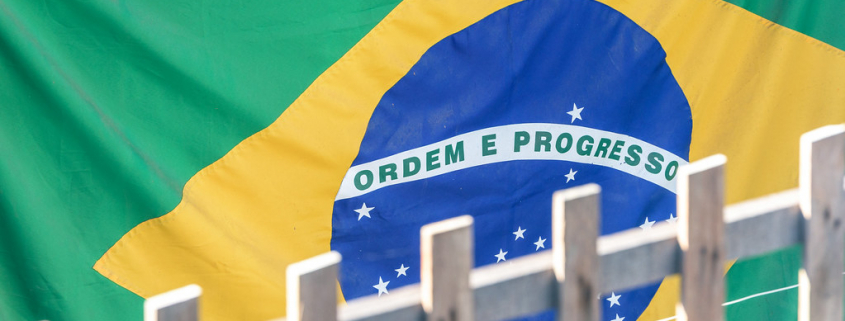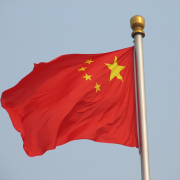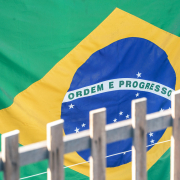A recent claim, which has been propagated by the media, that Ordinance No. 43, of February 21, 2020, would facilitate the registration of pesticides is misleading. Published in the Official Gazette last Thursday (27.02) by the Ministry of Agriculture, Livestock and Supply (Mapa), the Ordinance establishes a 60-day deadline for the registration of pesticides, after which the “tacit” approval of the registration would be in force.
This is because the registration is only granted after the completion of assessments by Anvisa (National Health Surveillance Agency) and Ibama (Brazilian Institute of the Environment and Renewable Natural Resources). The 60-day period stipulated in Ordinance No. 43, therefore, can only come into force after the completion of the two previous evaluations of the health and environmental agencies.
“One of the agencies set a time frame of one to four years for the tacit approval, while the other determined that the Economic Freedom Act (LLE) does not apply to pesticides. It so happens that the old Decree 4074/02 already foresaw the term of 30 days for the Map to publish the record (act through which it becomes legally valid). This time, the 60-day period is longer than the one in force since 2002,” explained Leticia Rodrigues da Silva, PhD in Public Policy/UFPR.
The only body where there is a possibility of applying the LLE, according to her, is Anvisa, and mainly for new active ingredients, or those not yet registered in the country. The problem is that the current period between the protocol and the conclusion of the analysis can take 10 years, despite the current efforts to modernize and streamline this procedure.
LLE
Rodrigues da Silva further explained that Law No. 13,874 and Decree No. 10,178, referred to as the LLE, have little practical effect on the deadlines for registering agrochemicals. “It is not the LLE that will resolve the registration time for these products, especially for new active ingredients. This is for two reasons: the first is the divergence between the three bodies involved in registering the application of the law to these products, and the second is the differences in the proposed deadlines between those who understand the possibility of LLE to pesticides,” she explained.
IBAMA, through Ordinance No. 229, of January 24, 2020, understands that the use, commercialization, import and manufacture of these agricultural inputs are characterized as activities with a “significant impact on the environment”. The doctor said that they are therefore excluded from the application of the incidence of the LLE due to the exclusion of the application provided for in Art 3, §12 of Law 13,874 / 19.
Anvisa, in turn, established the deadline for a possible tacit approval of the toxicological assessments of pesticides, components and the like. The deadlines foreseen in RDC nº 336, of January 30, 2020, can vary from one year for the inclusion of cultures, changes in packaging and other changes in the specifications of products already registered, to two years for the evaluation of an equivalent technical product, and four years for toxicological assessments of biological products, technical products with active ingredients not registered in the country and other more complex procedures.
Source: Agropages
Image source: “Brasil” by ruifo is marked with CC BY-NC-SA 2.0.



